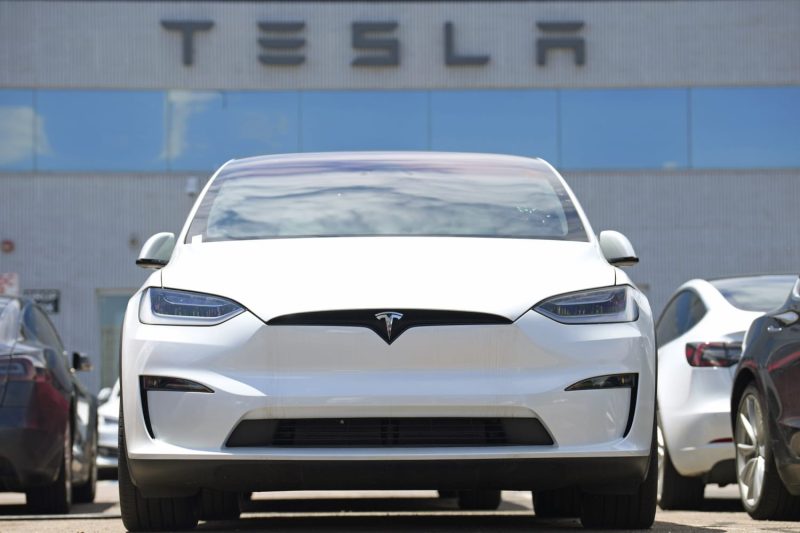The news about the recall of 1.8 million vehicles by Tesla, Inc stole the headlines recently, raising eyebrows in the automotive industry. The reason attributed to this massive recall is related to a faulty latch in the vehicle’s hood, which could potentially cause significant safety risks to both its drivers and other vehicles on the road.
In recent years, Tesla, a leading auto manufacturer known for its innovative and high-quality electric vehicles, has made several recalls due to various production challenges. This most recent recall ranks amongst the biggest in the company’s history, covering a vast range of its vehicle models sold worldwide.
The primary issue associated with the recall is tied to the latch of the electric vehicles’ hood. This flaw could result in the hood opening unexpectedly while the car is being driven, posing a significant safety hazard. If the hood unlatches unexpectedly when a vehicle is in motion, it can obscure the driver’s forward visibility and potentially cause a collision.
Furthermore, there are fears about the unpredictability of the defect, which has made it an issue of grave concern. For an error of this magnitude to occur, it implies a substantial failure in the quality control mechanisms of the company. This issue has the potential to cause immense damage, not only to the affected vehicle but also to other road users who may be caught in its chaos.
Even though Tesla has made swift moves to initiate the recall, addressing this large-scale issue will still present significant logistical and financial challenges for the company. Being a pioneer in the electric vehicle industry and a poster child for automotive innovation, Tesla indeed has its reputation and investor confidence at stake.
Moreover, vehicle recalls are typically expensive, given the costs related to identifying and fixing the affected cars. Tesla will also need to grapple with the customer service challenges that are likely to emerge as millions of owners return their cars for repair.
Nonetheless, this issue highlights an essential aspect of the automotive industry: safety. Regardless of a vehicle’s aesthetic appeal or advanced onboard technology, safety remains paramount. It is therefore fully justified that Tesla takes decisive action to address this issue head-on, prioritizing consumer safety above all else.
It’s also worth noting that Tesla has taken full responsibility for the fault and is working tirelessly to rectify the situation immediately. The electric vehicle giant offered a free repair to all car owners affected by the hood latch issue, stating that it will replace the front hood latch assembly if necessary.
While it has severe short-term implications, the recall could have long-term benefits for Tesla. Most notably, it could force the company to put more stringent quality control measures in place, ensuring that such faults don’t occur in future car models.
Overall, while it has forced a shakeup within Tesla, the recall could serve as a turning point for the company to ensure its vehicles’ elevated safety standards. It is a lesson that even the most innovative of companies are not immune to manufacturing defects and that such issues must be identified and rectified promptly to preserve customer trust and brand reputation. Only time will tell how well Tesla navigates this unforeseen obstacle and what initiatives it will implement to prevent similar issues in the future.




